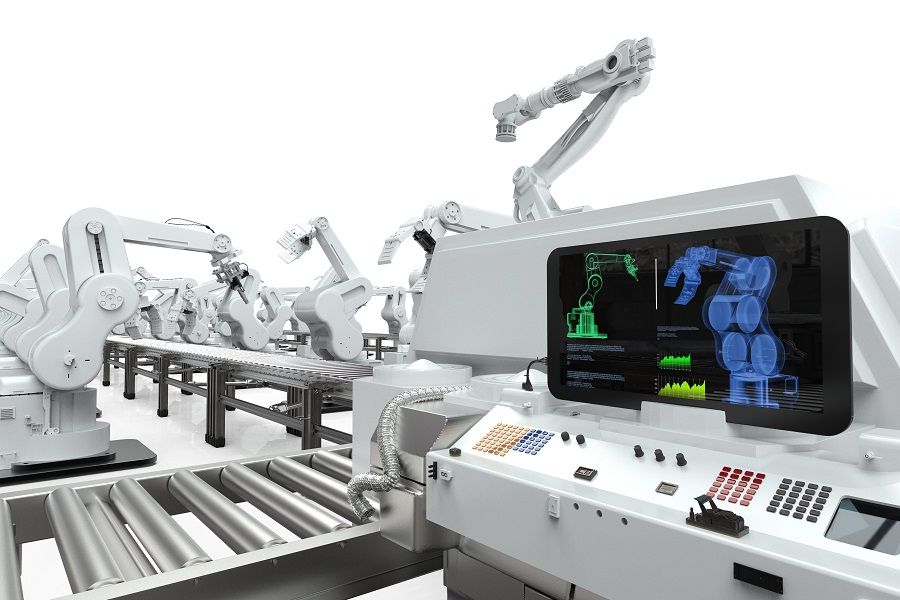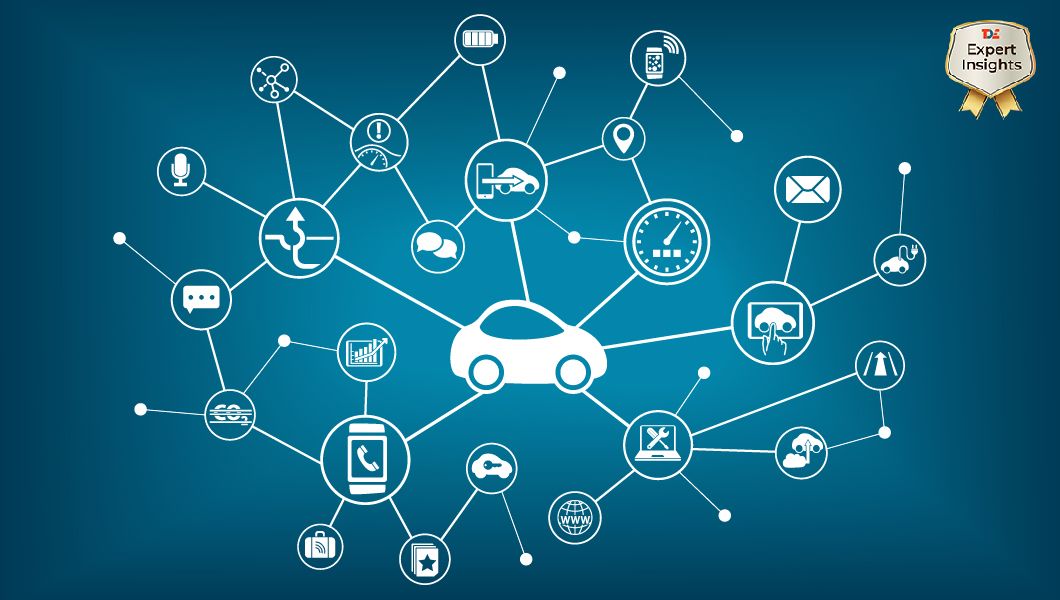How Industry 4.0 is Propelling the Smart Factory Era

With the advent of Industry 4.0, robotics and automation will interact with each other in a completely new way. It will see robotics remotely connected to computer systems and machine learning algorithms that can control the robotics, with less dependence on human operators. It ushers in what has been called a “smart factory” in which certain systems supervise and manage factory processes and decisions. Cooperating and communicating with other devices as well as with humans in real time, the Internet of Things also plays a big role here.
To be considered Industry 4.0, a system must include:
A cyber-physical system
Devices, machines, people, and sensors that communicate and connect with each other.
Transparency of information
Through sensor data, the systems create a virtual copy of the world in order to create contextualized information
Technical support
Systems that can not only assist humans with unsafe and difficult tasks but have the capability to support them in making decisions and solving problems as well.
Decentralized decision-making
Autonomous decision-making capability of cyber-physical systems which allows them to make simple task-related choices.
As with any major change, certain challenges associated with adopting the Industry 4.0 model arise. These include,
- A jump in data security issues due to the integration of new systems and increased access to them
- Successful communication between virtual and physical components that is stable and reliable, but which can be difficult to achieve and maintain
- It might become difficult to maintain the integrity of the process with less human supervision and this could act as a barrier
- New automated processes leading to layoffs
- Technical problems leading to downtime and, as a result, increased production costs
The benefits of an Industry 4.0 model could outweigh some of the concerns surrounding it. Reports have even suggested that new markets like India could benefit greatly from 4.0 practices. However, the lack of expertise has inhibited the widespread adoption of these systems and even resulted in a general wariness amongst investors.


 By
By 








